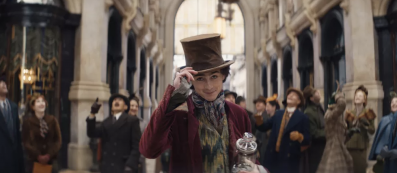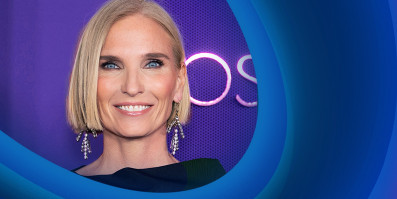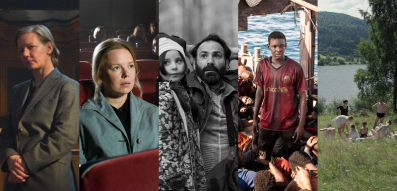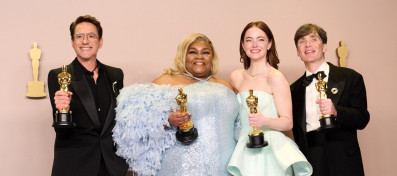Jojo Rabbit proves to be a sweet and funny coming-of-age story
Taika Waititi's latest feature will be competing for six Oscars this February.
With his latest film Taika Waititi has proven once more that his success is anything but a fluke. And while the New Zeeland director's fifth feature may be nominated for six Academy Awards, he has already gained acclaim for his previous works - including What We Do in the Shadows (2014) and Thor: Ragnarok (2017).
Waititi's Jojo Rabbit is a satirical, coming-of-age story of a ten-year-old Johannes - starring Roman Griffin Davis - who we meet as he is getting ready to attend the Hitler Youth training camp. Jojo is very eager to prove himself to the group of mostly older boys but is unable to demonstrate any type of roughness or cruelty. He is unable to kill a wandering rabbit and receives a mocking nickname from which the film's title is derived.
To help Johannes cope with his childhood angst and give him much needed pep talks is his imaginary friend - a satirized version of Adolf Hitler, one more childish than Jojo himself. This imaginary figure represents everything the world he lives in tells him is right and everything he wishes to be in order to fit in.
A counterbalance to this influence Jojo finds in his mother Rose - played by Scarlett Johansson. She holds very different beliefs from others in his life and is doing all she can to contribute to the war - keeping it on the down-low - and to raise her son after her husband left for the Italian front and after Rose lost her older daughter to influenza.
Jojo Rabbit has a big heart and enough laughs to fall in love with it.
Soon, Jojo's world turns upside down when he discovers Rose is hiding a Jewish girl named Elsa - played by Thomasin McKenzie - and there starts his journey, where our hero's seemingly firms beliefs, but only so firm since he had no experiences of his own, start being shaken and questioned by the developing relationship with this unexpected friend. And while at the forefront of the marketing was the character of Hitler, he is only prominent in the first few scenes. Further in the story, he represents the child’s beliefs that start to fade and only sometimes appears acting in a jealous rage for being replaced with Jojo's acceptance of Elsa and questioning of everything he’s been taught.
Jojo Rabbit proves to be a more coming-of-age story with a seasoning of satire than a satirical masterpiece. Those expecting it to be filled with hard punches of society analysis will probably be left disappointed - but chuckling during many scenes, as well as to anything his young friend Yorki is up to, proclaiming at the war's end: "It's definitely not a good time to be a Nazi". Still, its greatest quality is the sweetness of Jojo's story and especially scenes with his mother, where Johansson shines with positivity, playfulness, and emotion she exhibits in her role as Rose.
This film tells one of a kind story from a ten-year-old' s perspective, which may make it seem naive at certain times. Yet, it is a sweet, funny, emotionally wrapping story if you just let yourself be taken in. It may not be everything you expected (or maybe it is) but told on its own terms it certainly works.














